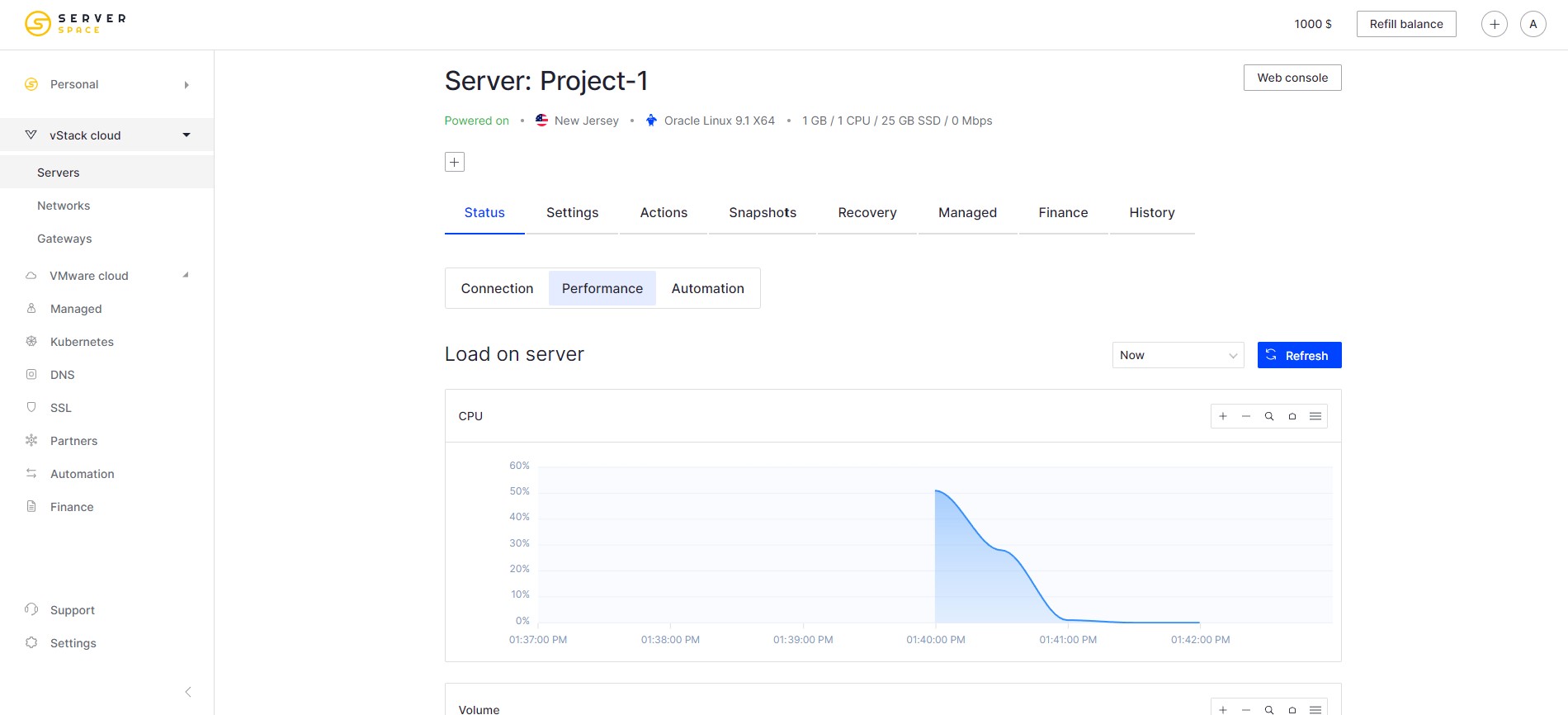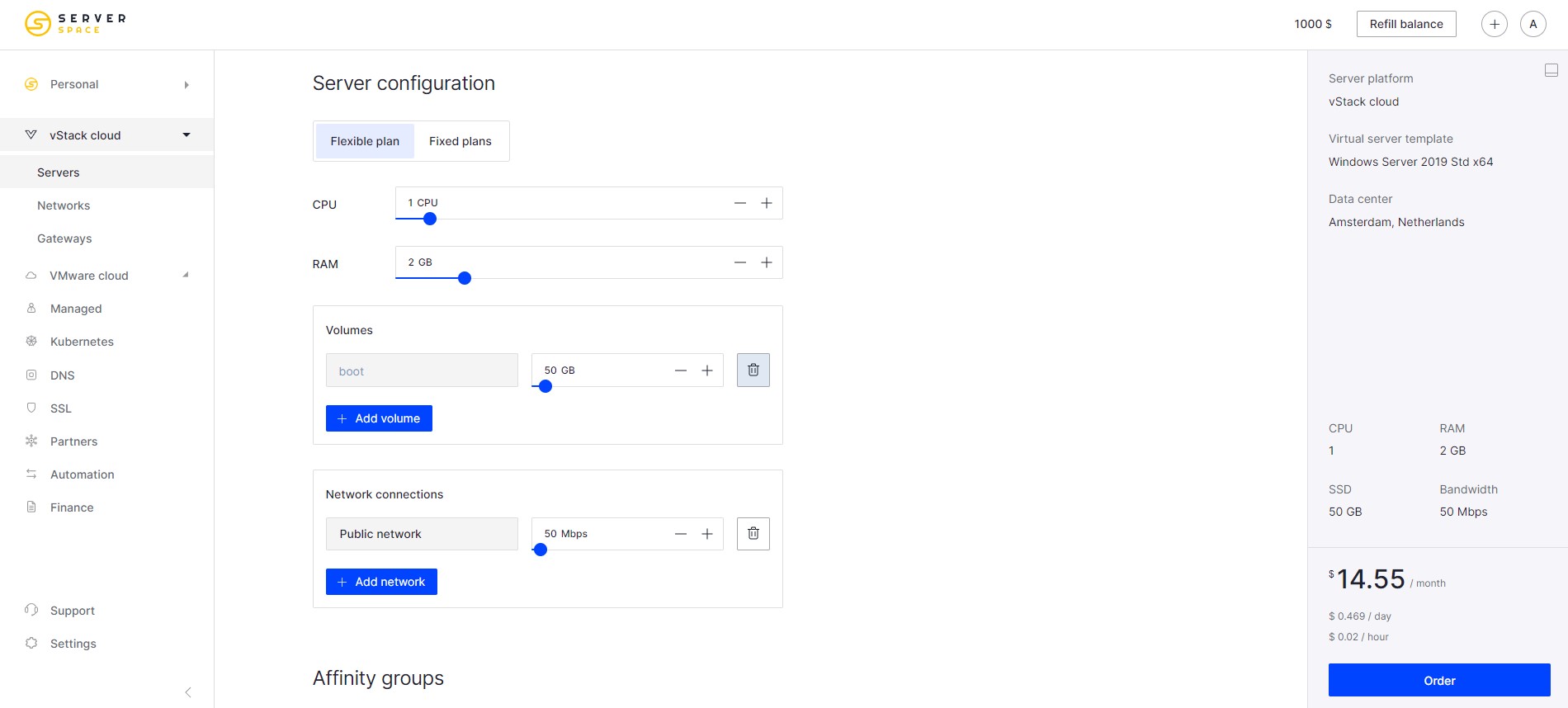How do I choose between Windows VPS and Linux Website Hosting for my VPS in Dubai?
The choice between Windows VPS and Linux website hosting largely depends on your specific application requirements and personal preference. Windows VPS is ideal if you are running applications specifically designed for the Windows environment or require a user-friendly interface.
On the other hand, Linux hosting is often preferred for its stability, security, and cost-effectiveness, making it suitable for web developers and those comfortable with command-line interfaces.
Why should I consider Arabian VPS hosting over other locations?
The UAE VPS hosting offers several key benefits, including geographical proximity to arabian users, which can significantly reduce latency and improve the speed of your website or application for local visitors. Additionally, hosting in the UAE ensures compliance with local data protection laws, providing peace of mind for businesses that handle sensitive information.
How do company hosting needs differ from individual VPS hosting requirements in the UAE?
Company hosting needs often differ in scale, security, and compliance requirements compared to individual VPS hosting. Businesses may require larger resource allocations, enhanced security features, and adherence to specific regulatory standards, especially if operating in sectors like finance or healthcare. Companies might also need more complex configurations, dedicated IP addresses, and private networking capabilities to support their operations.
Do I get charged if I don't use the server?
If the server is powered off, you will only be charged for SSD usage (disk space), backups, server snapshots, licenses, and public IP addresses.
When the server is turned off, you will NOT be charged for RAM (RAM) and CPU (CPU) usage
Can a Dubai VPS hosting service meet the needs of companies requiring high-security measures?
Yes, the UAE VPS hosting can be tailored to meet high-security demands of companies. Look for VPS providers offering advanced security features like DDoS protection, SSL certificates, regular backups, and firewalls. Ensure the provider complies with data protection regulations to safeguard sensitive company and customer information.



